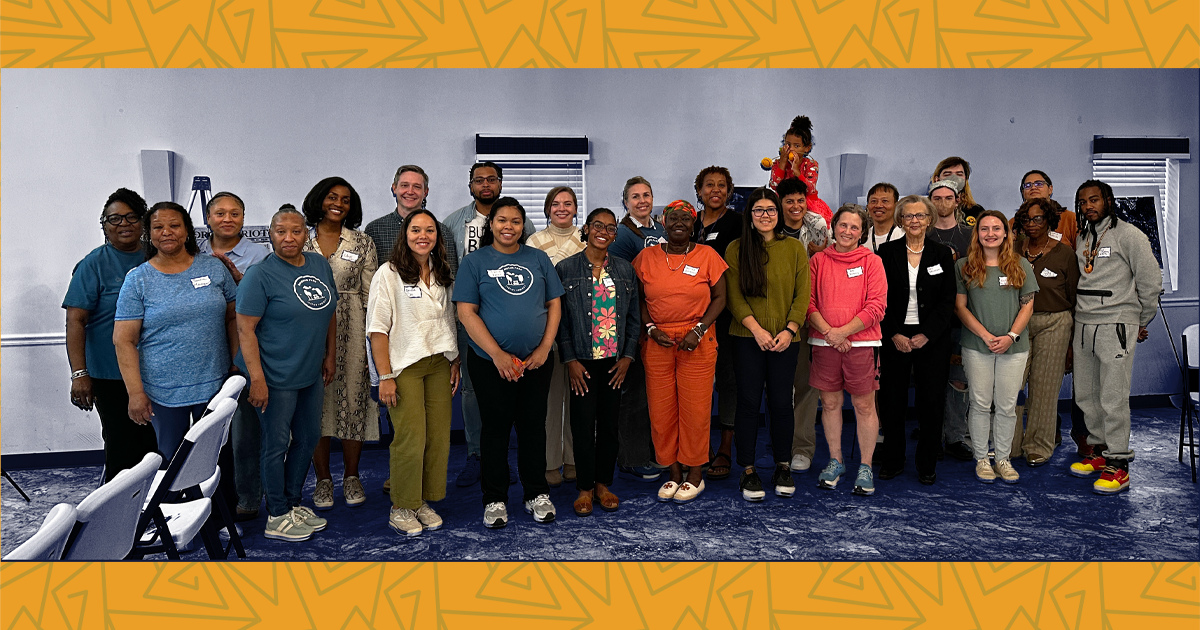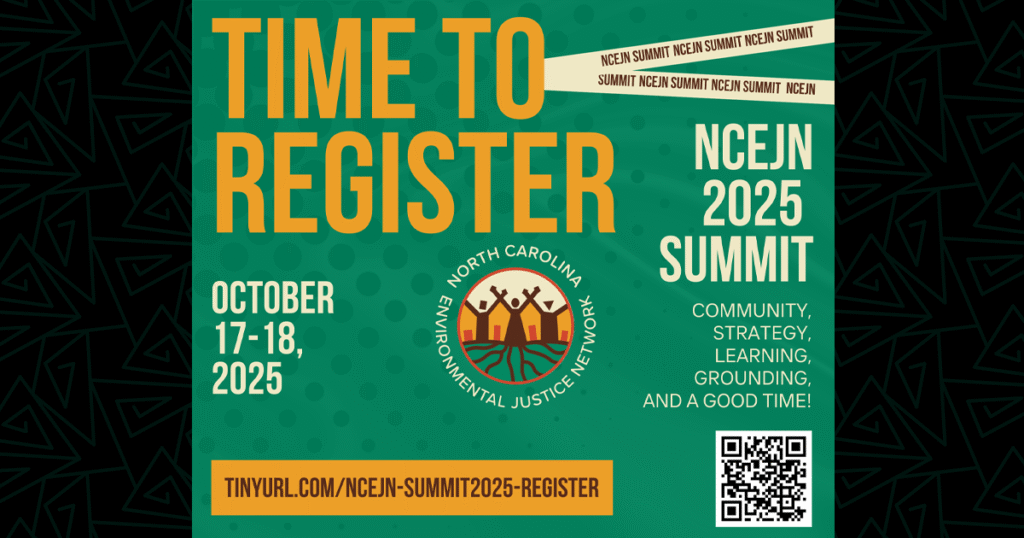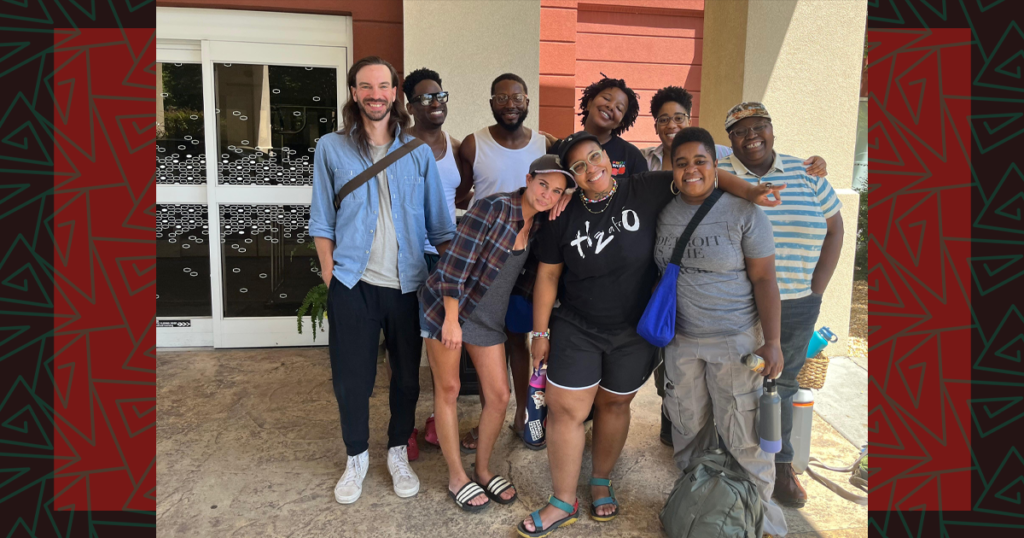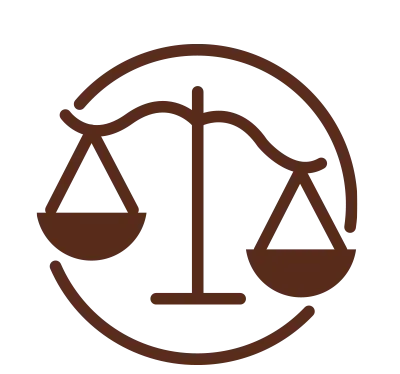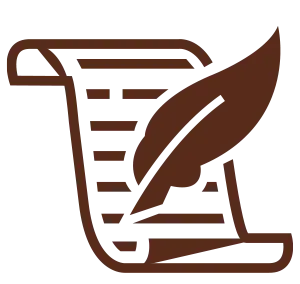Bea Baxley, 2025 NCEJN Intern
Bingham park, through the chain-link fence, is beautiful. Today is a perfect day to spend in a park, one of the last sub-75° Saturday mornings of spring. We collectively imagine, as an organizer describes, how the park could be: families out for picnics in the shade of the massive trees, kids playing baseball and basketball, playing in the creek. We’re brought back to the present with the reality of the harsh chain fence littered with warning signs. We are physically separated from this dream. The DEQ and City of Greensboro’s plans would take this possibility from us forever.
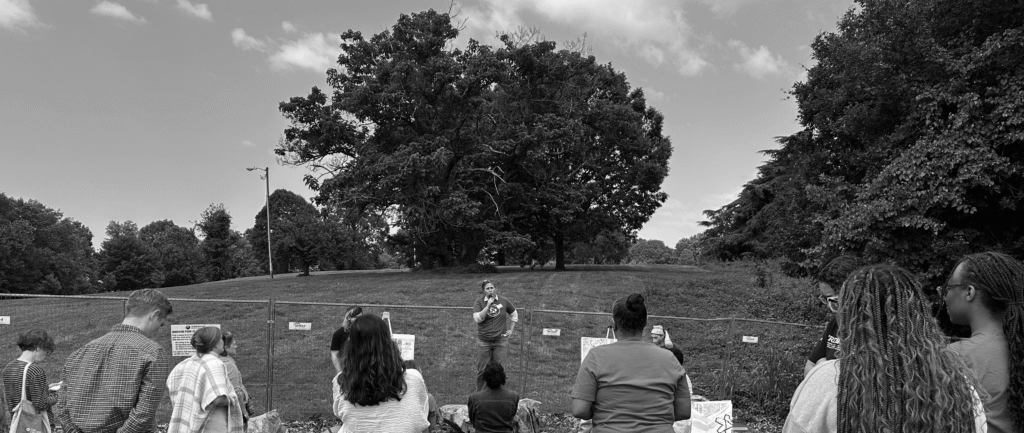
This Saturday, the Bingham Park Environmental Justice Project in Greensboro hosted NCEJN’s quarterly meeting, cosponsored by the NC Conservation Network. We and many of our partner organizations came together with local community members and organizers to connect and strategize for the future of the park.
The city of Greensboro sited and operated an incinerator and landfill in a redlined, Black area of the city in the 1920s-50s, before they were held accountable to follow environmental guidelines. The park had been proven to contain unsafe levels of contamination from the incinerator site; only after the community brought their concerns to the city, despite their knowledge of the toxic past on this site. Their cost-cutting solution is to ‘cap and cover’ the park, burying the waste beneath plastic and a one foot layer of dirt. Disregarding the wishes and vocal opposition of the community, all of the trees would be destroyed, and no structures, like buildings or even basketball hoops, could be installed on the park. It would become an empty expanse of grass with a constant risk of leaking or puncture. The DEQ offered remediation of the school and a new park across the street to make up for the destruction of Bingham park; this new park would be less than half of the original size.
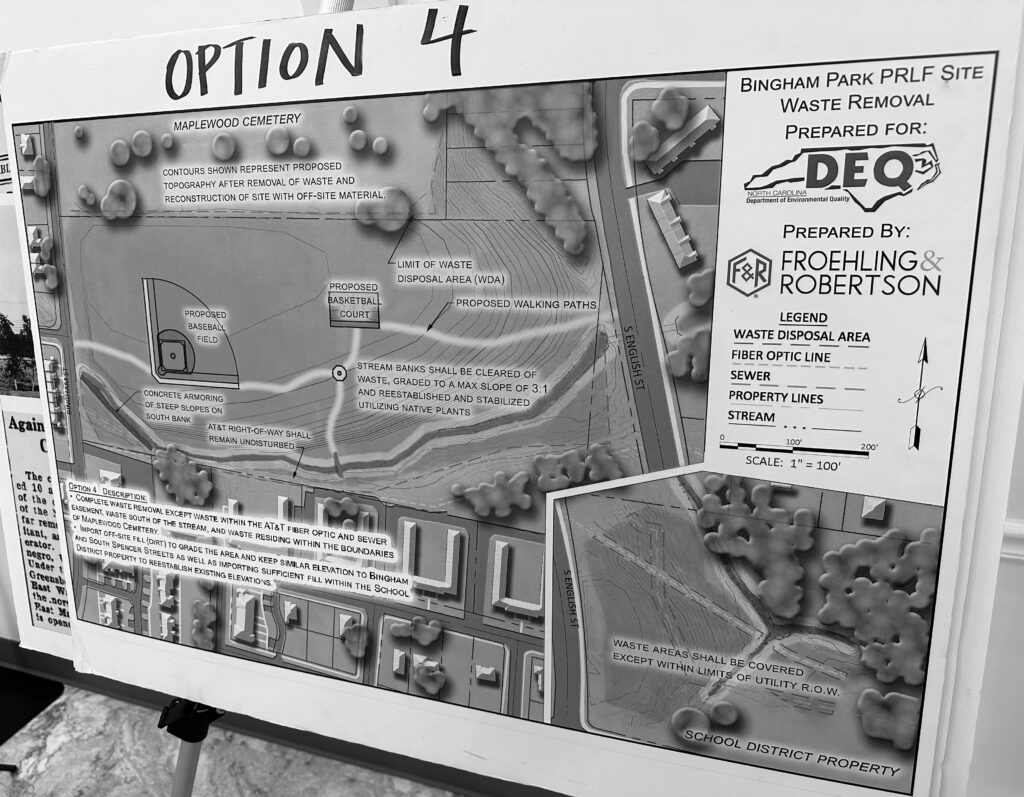
The city of Greensboro is addressing their history of environmental racism with further environmental racism: taking the cheap, easy, unsafe, and unjust route for the majority Black and Brown community seeking justice for the city’s past crimes. They’re beginning to take accountability, certainly more than other municipalities in the state, but they still refuse to call it for what it is, and they’re obscuring information and procedure from the people they are ostensibly working for; the citizens of Greensboro.
The rest of the meeting consisted of a strategic planning session, which was beautifully productive. We discussed organizing and engagement, health concerns, and avenues for enacting justice in small groups and shared with each other; bringing our ideas together into a vision for the bright future of this community and park. Together, we plan to examine the health and legal impacts of the DEQ’s cap and cover plan, look into air, soil, and water testing around the park, continue including and engaging the wider community, and hold the city accountable. Our endless gratitude goes out to the organizers and community members that are helping us hear their stories and work with them to seek justice. One beautiful spring day soon, our friends will be able to fully enjoy Bingham park the way it’s supposed to.
